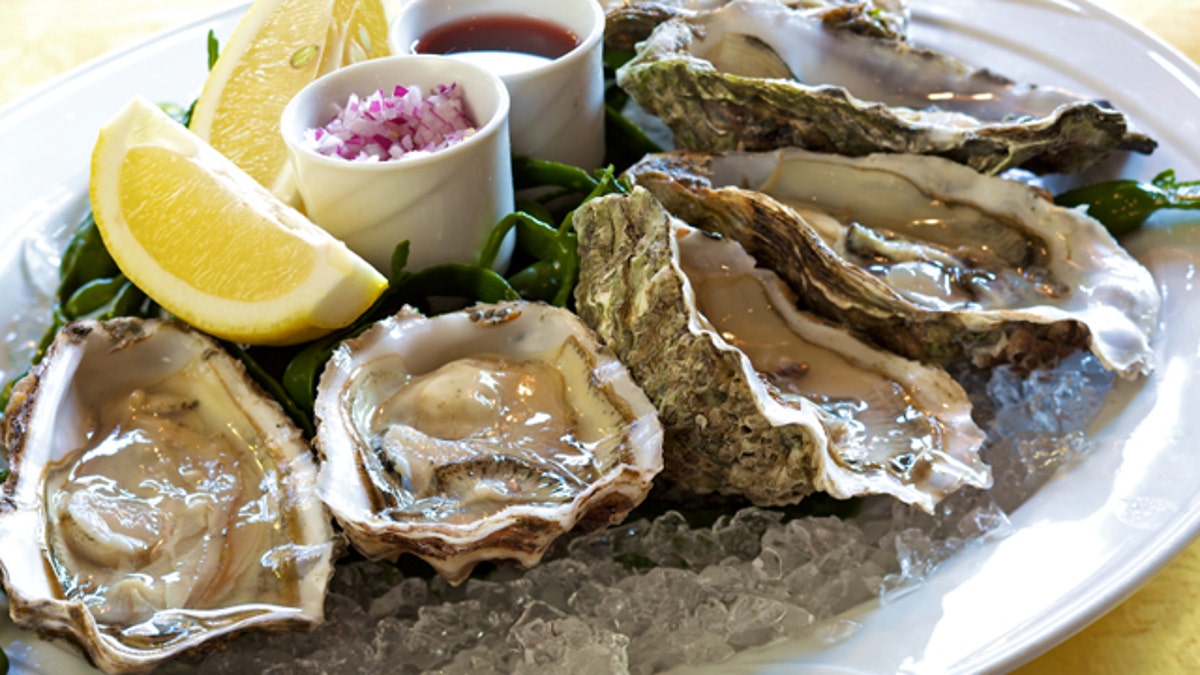
Like every other aspect of human health, your sex drive has been the subject of lots of scientific scrutiny. And, like every other aspect of human health, the answer experts give when asked about your libido is, "It's complicated."
One popular idea that's at least partly hokum: That a man's libido peaks when he's young, while a woman's jumps up in her 30s and 40s. (Here's your essential guide to better sex at every age.)
While it's true that some research has shown women aged 27 to 45 tend to have more sex than their younger selves, there's little evidence a woman's libido actually heats up during her 30s, says Susan Davis, PhD, director of the Women's Health Research Program at Australia's Monash University. (Looking for more simple, smart tips? Discover Prevention—and get 2 FREE gifts when you subscribe today.)
So what explains the uptick in sex that women in this age group experience? It's possible that women in their 30s feel more comfortable with their bodies and with sex—and that the men they're sleeping with are more competent at satisfying them, suggests research from the University of Texas. (That's just one theory among many.)
As far as the guys go, testosterone levels play an important role in male libido. (They do for women, too.) And yes, T tends to drop steadily as a man ages. But research shows men, in general, tend to have stronger "let's do it!" impulses than women, and that these urges don't fall off a cliff after a guy leaves his teens. (Just never ever do these 7 things before or after sex.)
So no, men's and women's libidos aren't mismatched the way popular theories would have you believe.
Here, a few more sex drive myths.
Oysters make you horny.
There is no evidence that so-called "aphrodisiac" foods crank up your sexual desire, says Debra Herbenick, PhD, director of the Center for Sexual HealthPromotion at Indiana University's Kinsey Institute. Going out for a romantic seafood dinner with your partner might lead to some bedroom fun afterward, but it's not because of the mollusks.
Birth control will kill your sex drive.
Davis says some women could experience a drop-off in sex drive while taking birth control. But research in the Journal of Sexual Medicine suggests some women actually experience a libido boost while taking hormonal contraceptives. As the authors of the JSM study put it, birth control has a "mixed" effect on a woman's enthusiasm for sex.
After menopause, a woman's libido plummets.
Again, while it's true that some women experience a drop in libido post-menopause, 50% of post-menopausal women report no difference in sex drive compared to their pre-menopausal selves, finds a study from Rutgers Medical School. (This is how your vagina changes during menopause—and what you can do about it.)
If you're not into sex, your libido must be low.
Both Davis and Herbenick say relationship happiness and getting along with your partner are linked with an increased desire to have sex (Here's what it's really like to be in a sexless marriage.) This comes as no shock, but a new sexual partner is also associated with a ramped up sex drive, Davis says. All this suggests your interest in sex depends on your relationship status—and, really, whether you have someone fun to roll around in the sack with.
Want to increase your libido?
Apart from finding a new and exciting partner, living a healthy lifestyle is associated with a healthy sex drive, Davis says. Herbenick agrees, and says regular exercise and a good night's sleep seem to promote a greater interest in sex. Also, "a Mediterranean diet and yoga have each, independently, been linked with positive sexual function, including sexual desire," she adds.
